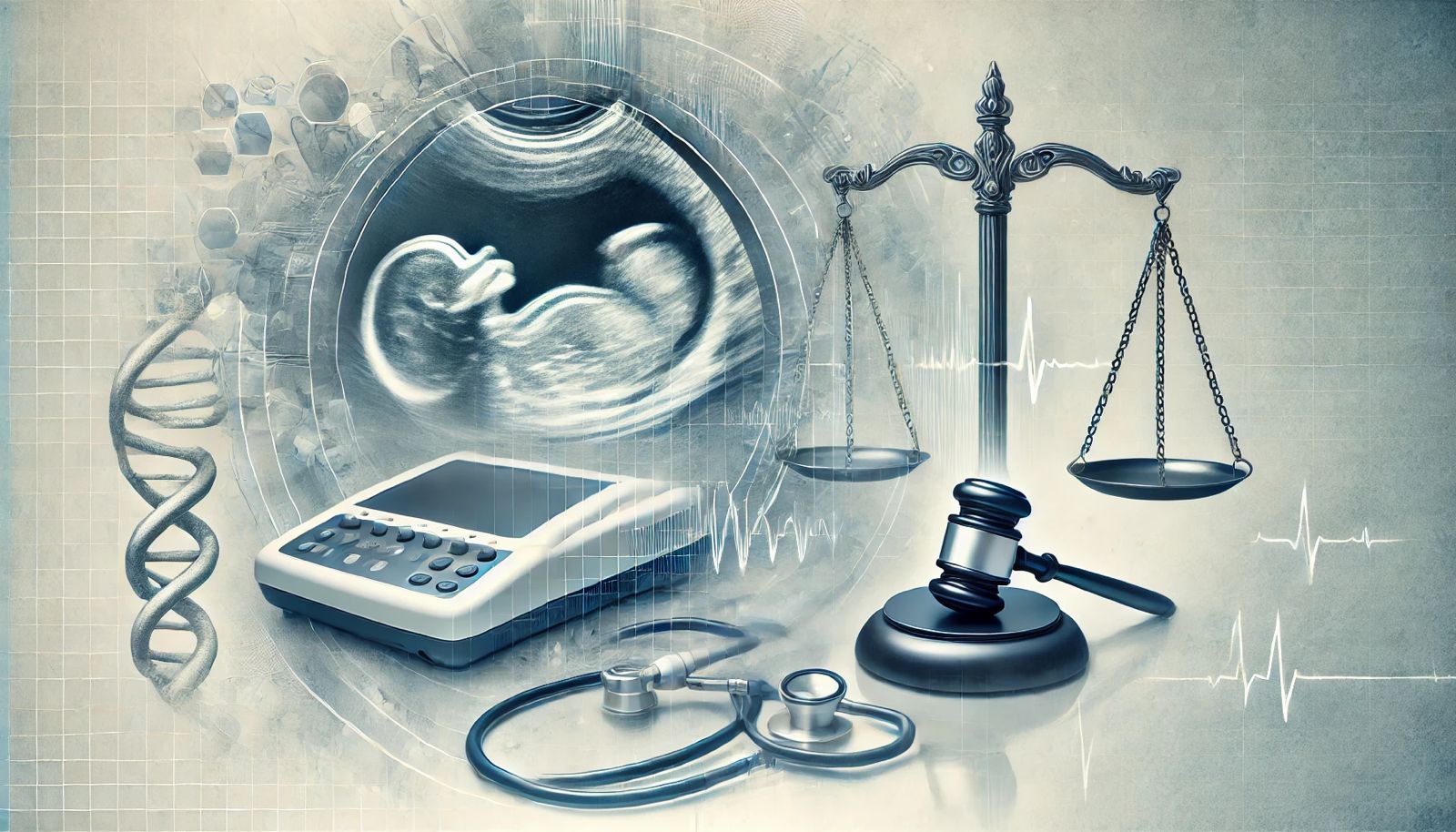
Judicial activism and retributive justice
The recent National Consumer Disputes Redressal Commission’s judgment on fetal sonography is a blatant example of judicial activism and retributive justice. The inherent limitations of the Level 2 sonography to detect limb defects have to be considered before making it a mandatory test and saddling the sinologist with negligence if he fails to detect it.

The Future of Certain Medical Specialties: The Impact of AI Advancements
The future of certain medical specialties is poised to change dramatically due to advances in AI technology. While specialties like radiology, pathology, dermatology, ophthalmology, and primary care are at risk of becoming defunct in their traditional forms, the integration of AI also presents opportunities for healthcare professionals to redefine their roles and responsibilities. The key to navigating this transformation lies in embracing AI as a complementary tool, focusing on tasks that require human expertise, empathy, and complex decision-making. By adapting to the changing landscape, healthcare professionals can continue to provide high-quality care while leveraging the benefits of AI to enhance patient outcomes.

Medical negligence is an offence that needs to be adjudicated per exceptions/exemptions provisions
Causing bodily harm/injury is an offence. However, in medical/surgical treatment of a disease, injury being its inevitable consequence, though technically an offence of ‘harm’, ‘injury’, ‘grievous injury’ or ‘homicide’, is not considered an offence by itself. In what exceptional circumstances a medical act becomes an actionable offence, is the bone of contest.
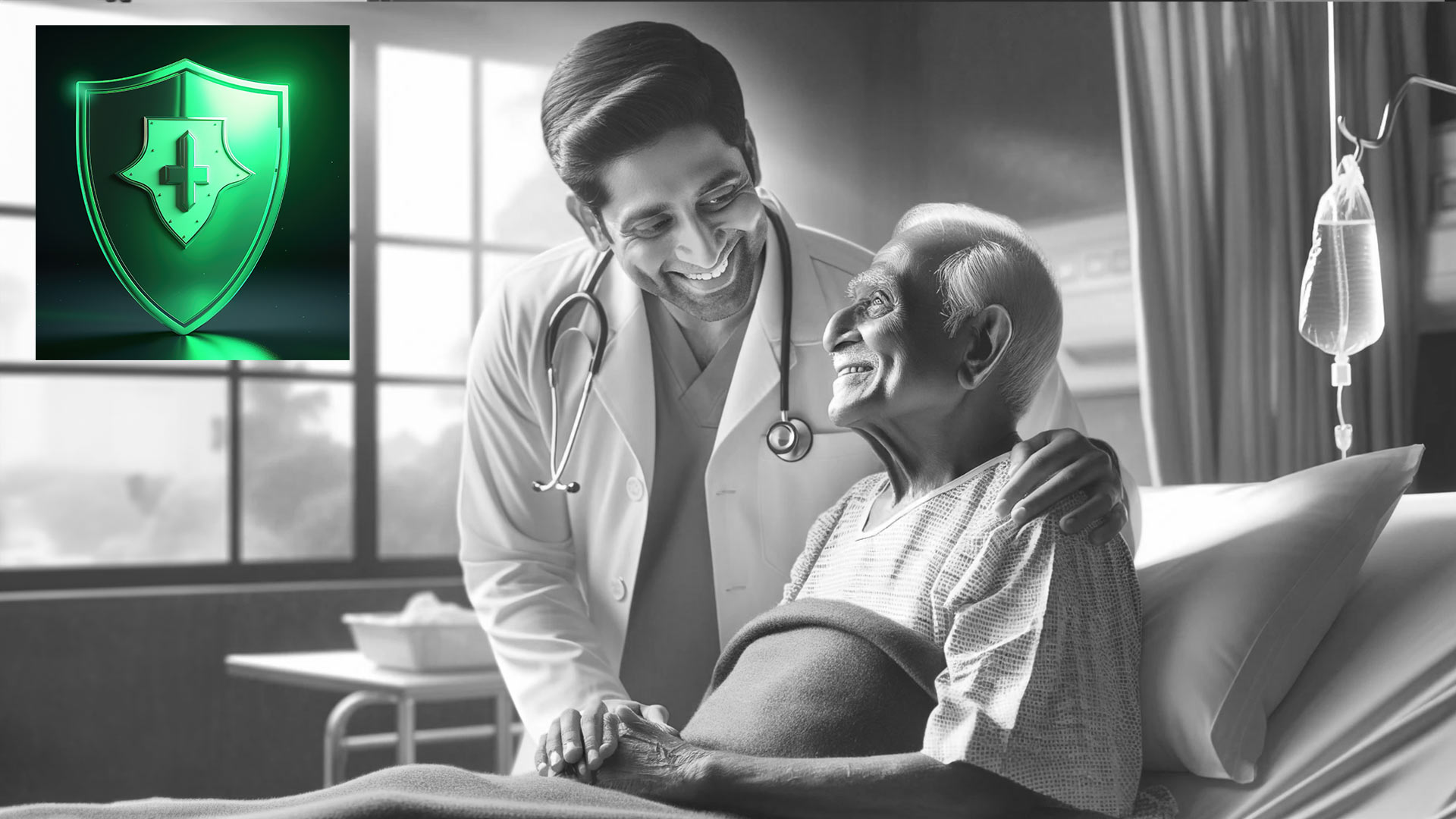
The Legacy of Honorary Doctors in Indian Hospitals: A Call for Revival
The legacy of honorary doctors in Indian hospitals is a testament to the commitment of medical professionals towards societal well-being. By reinstating this system, India has the opportunity to address critical healthcare challenges, improve the quality of medical services, and provide affordable healthcare access to all. As we reflect on the past, let us also look towards the future and consider the potential positive impact that a revival of the honorary doctor system could bring to the Indian healthcare scenario.

Beyond Medical Knowledge: Essentials for Effective Medical Practice
Medical knowledge is the cornerstone of effective healthcare, but it is not a panacea for the multifaceted challenges of running a successful medical practice in India. By cultivating a diverse skill set encompassing interpersonal abilities, business acumen, financial management, human resource strategies, legal and ethical compliance, and a commitment to continuous learning, healthcare professionals can navigate the complexities of the medical landscape with confidence and professionalism. Only by embracing a holistic approach can we elevate the quality of care, ensure operational efficiency, and ultimately contribute to the well-being of the communities we serve.

From Altar to Pedestal- A Critical Analysis of the Godly and Respectful Social Standing of Medical Professionals
The godly and respectful social standing of medical professionals is a reflection of their selfless dedication, expertise, and the trust they inspire in their patients. While challenges such as insults, violence, and legal consequences threaten this standing, they can be mitigated through collective efforts. By upholding the values of trustworthiness, compassion, and ethical conduct, medical professionals can continue to occupy the pedestal of respect they rightfully deserve. Society must recognize and appreciate their invaluable contributions, supporting them in their mission to heal, guide, and uplift humanity.

Upholding the Rights of Doctors: A Call for Justice and Protection
The rights of doctors are not merely aspirational but imperative for the well-being of society as a whole. Upholding these rights is not only a matter of justice but also a testament to our commitment to nurturing a healthcare system founded on respect, dignity, and fairness. It is time to stand in solidarity with those who dedicate their lives to healing and championing the cause of healthcare workers' rights.
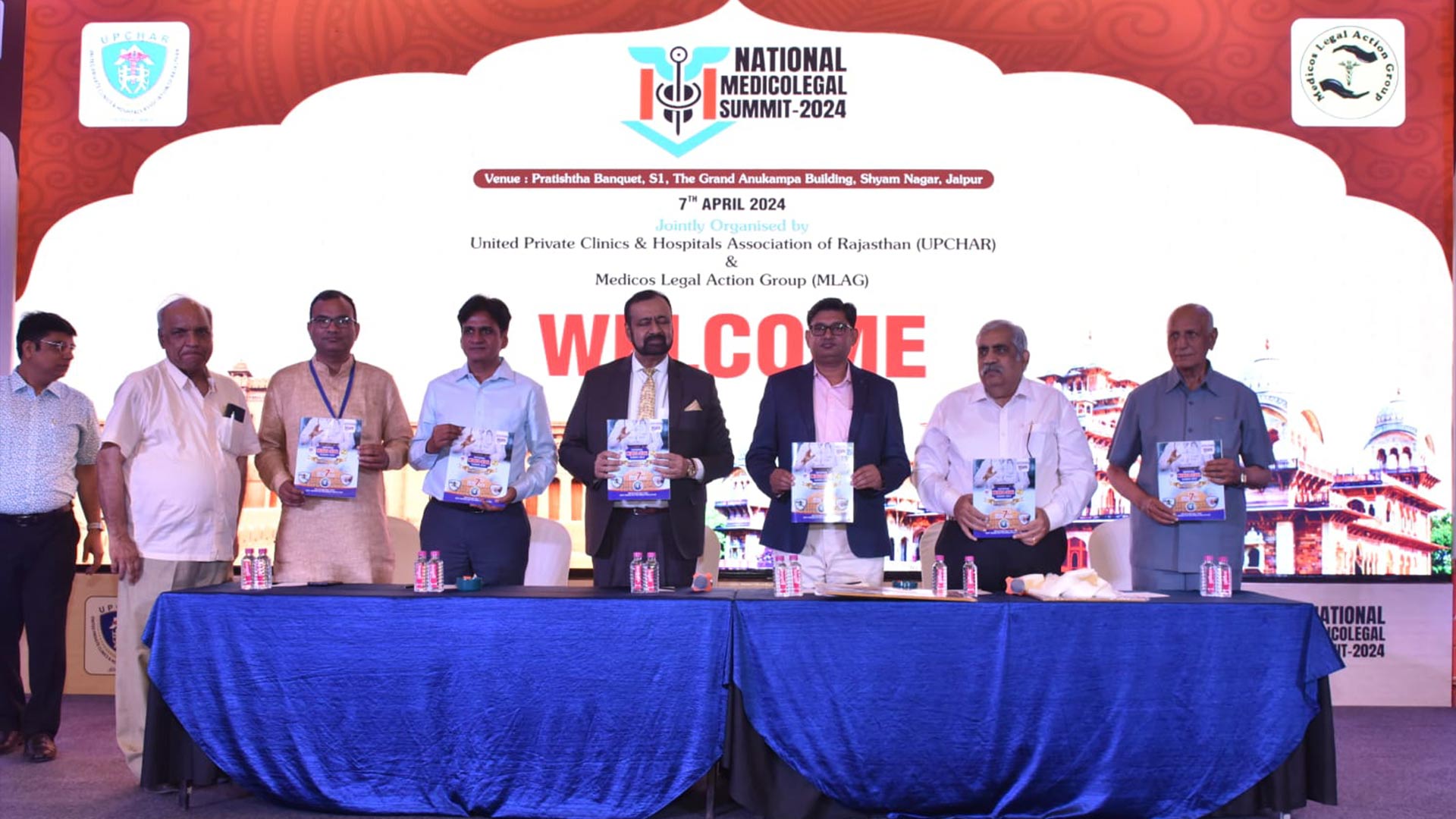
Medical Negligence: Major Takeaways from the National Medico-Legal Summit 2024
The field of medicine is vast and intricate, defying easy judicial scrutiny or non-professional regulation. A highly trained, qualified, and licensed medical practitioner requires the autonomy to deliver services aligned with their expertise. To achieve this, protection from frivolous, excessive, and harassing litigations, as well as ill-investigated judicial decisions in medical negligence cases, is essential. Unfortunately, frivolous negligence claims and misguided medical negligence judgments—often based on ill-applied legal fictions without substantial medical evidence—have eroded public trust in the medical profession. To restore this trust, it is crucial to recognize the doctrine of good faith, which relies on robust medico-judicial processes.
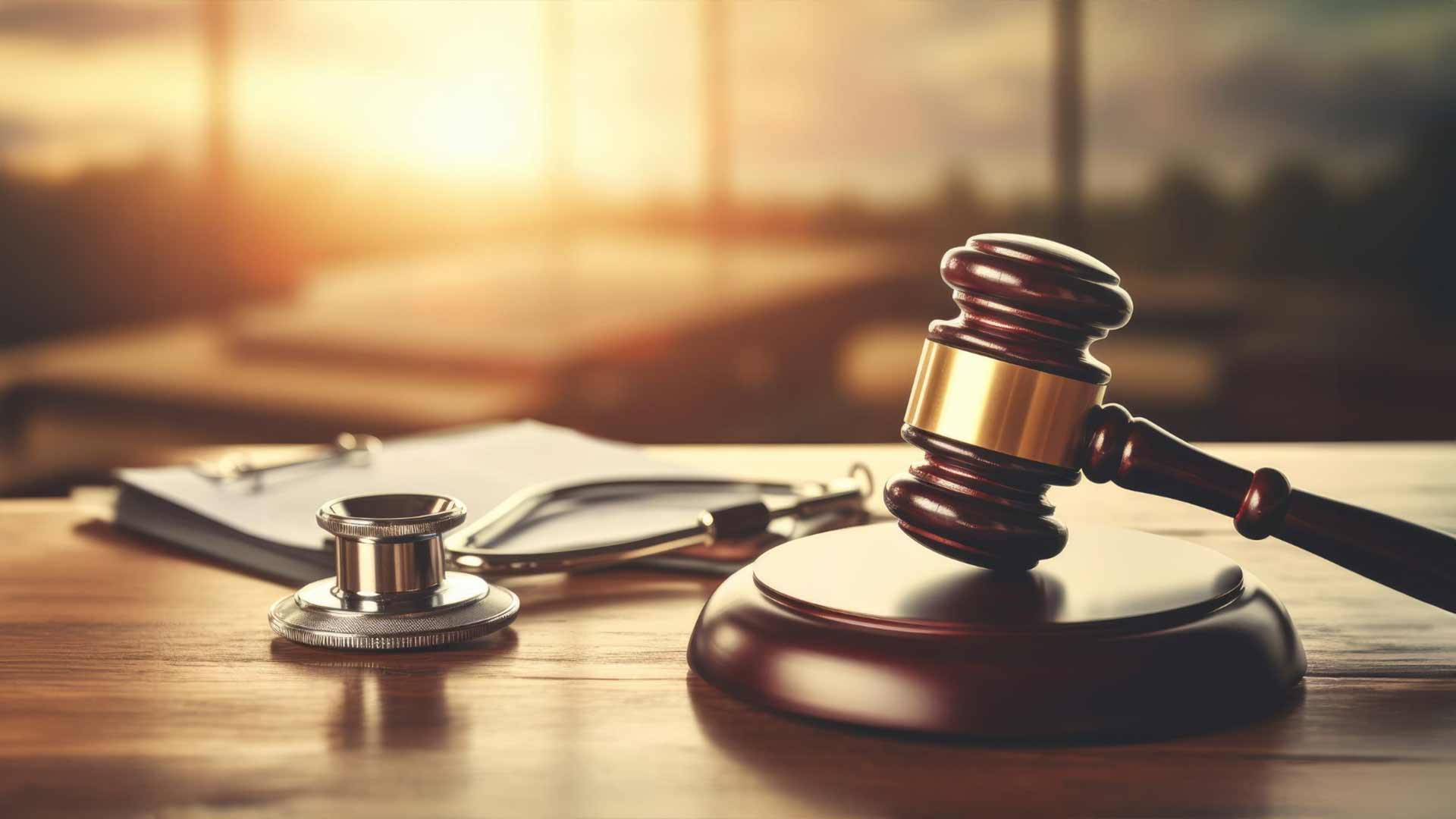
Staying Vigilant: The Importance of Medico-Legal Awareness for Doctors in India
The Indian healthcare landscape is undergoing a significant transformation. As medical advancements accelerate and patient expectations rise, so too does the medico-legal terrain for doctors. The unfortunate reality is a growing number of medico-legal cases against healthcare professionals. This article delves into the critical need for doctors in India to stay up-to-date on medico-legal issues and the benefits of attending conferences focused on this evolving field.
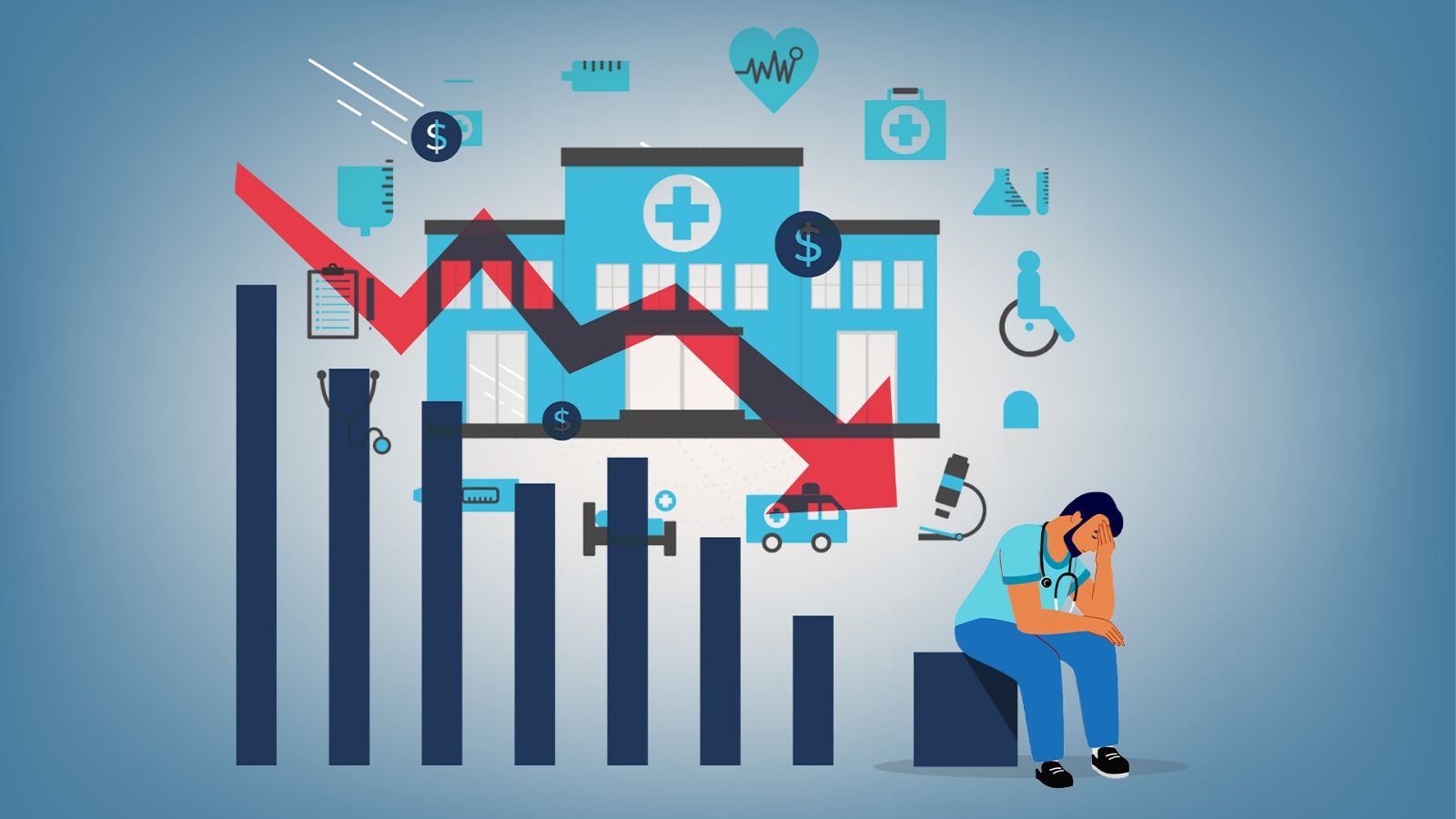
Rule 9 of the Clinical Establishments Act, 2012: Balancing Regulatory Authority and Professional Autonomy in Healthcare
This blog examines Rule 9 of the Clinical Establishments (Registration and Regulation) Act, 2012, which empowers state governments to regulate fees charged by healthcare facilities in India. It analyzes the potential conflict between this regulatory power and the constitutional right of medical professionals to practice their profession freely (Article 19(1)(g)). The paper explores relevant legal precedents and academic commentary to understand the delicate balance between ensuring patient welfare through regulation and upholding the autonomy of healthcare providers.




